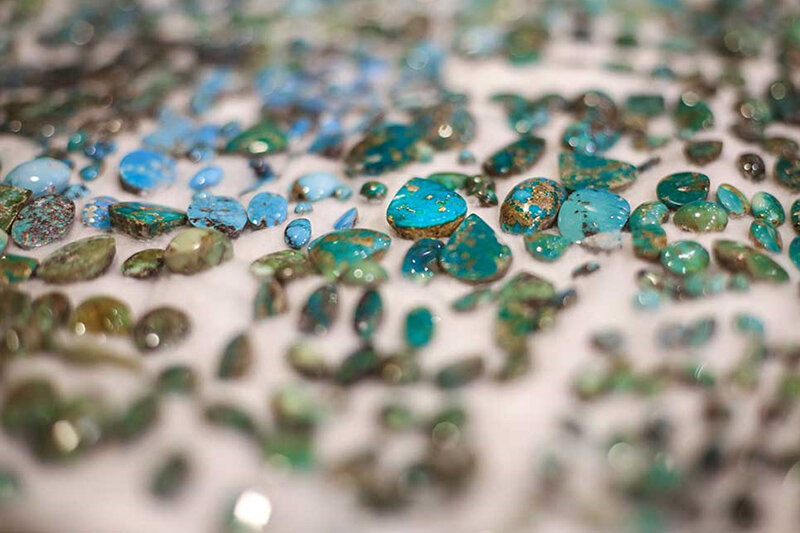Yazd, Qom, Firouzeh to join national cities of handicrafts

TEHRAN- Yazd, Qom, and Firouzeh are planned to be named the national cities of jewelry, ring, and turquoise respectively, CHTN reported on Tuesday.
As a UNESCO-tagged city, Yazd has unparalleled potential in the field of handicrafts, and being recognized as a national city can help its jewelry field to be well introduced, said deputy tourism minister Pouya Mahmoudian.
Being registered as a national city of ring can promote Qom as a brand in this field of handicraft, she noted.
She also said that promoting Firouzeh as a national city of turquoise, which is one of the popular precious stones in Iran, can improve the region’s tourism industry.
Yazd is usually referred to as a delightful place to stay, or a “don't miss” destination by almost all of its visitors. It is teemed with mudbrick houses that are equipped with innovative badgirs (wind catchers), atmospheric alleyways, and many Islamic and Iranian monuments that shape its eye-catching city landscape.
The city is known today with its traditional districts, the qanat system, traditional houses, bazaars, hammams, water cisterns, mosques, synagogues, Zoroastrian temples, and the historic garden of Dolat-Abad. The city enjoys the peaceful coexistence of three religions: Islam, Judaism, and Zoroastrianism.
The country’s second-holiest city after Mashhad, Qom is home to both the magnificent shrine of Hazrat-e Masumeh (SA) and the major religious madrasas (schools).
Apart from sightseers and pilgrims who visit Qom to pay homage at the holy shrine, the city is also a top destination for Shiite scholars and students who come from across the world to learn Islamic studies at its madrasas and browse through eminent religious bookshops.
Located in Khorasan Razavi province, northeastern Iran, Firouzeh has some high-grade turquoise mines in the country. Cutting precious stones is the main profession of the people in this city.
Various Iranian cities and villages have been named as national hubs of handicrafts.
Zanjan for filigree, Kashan for traditional textile, Iranshahr for needlework, Abadeh for wood carving, and the village of Fash for crafting indigenous musical instruments are among them.
ABU/MG
Leave a Comment